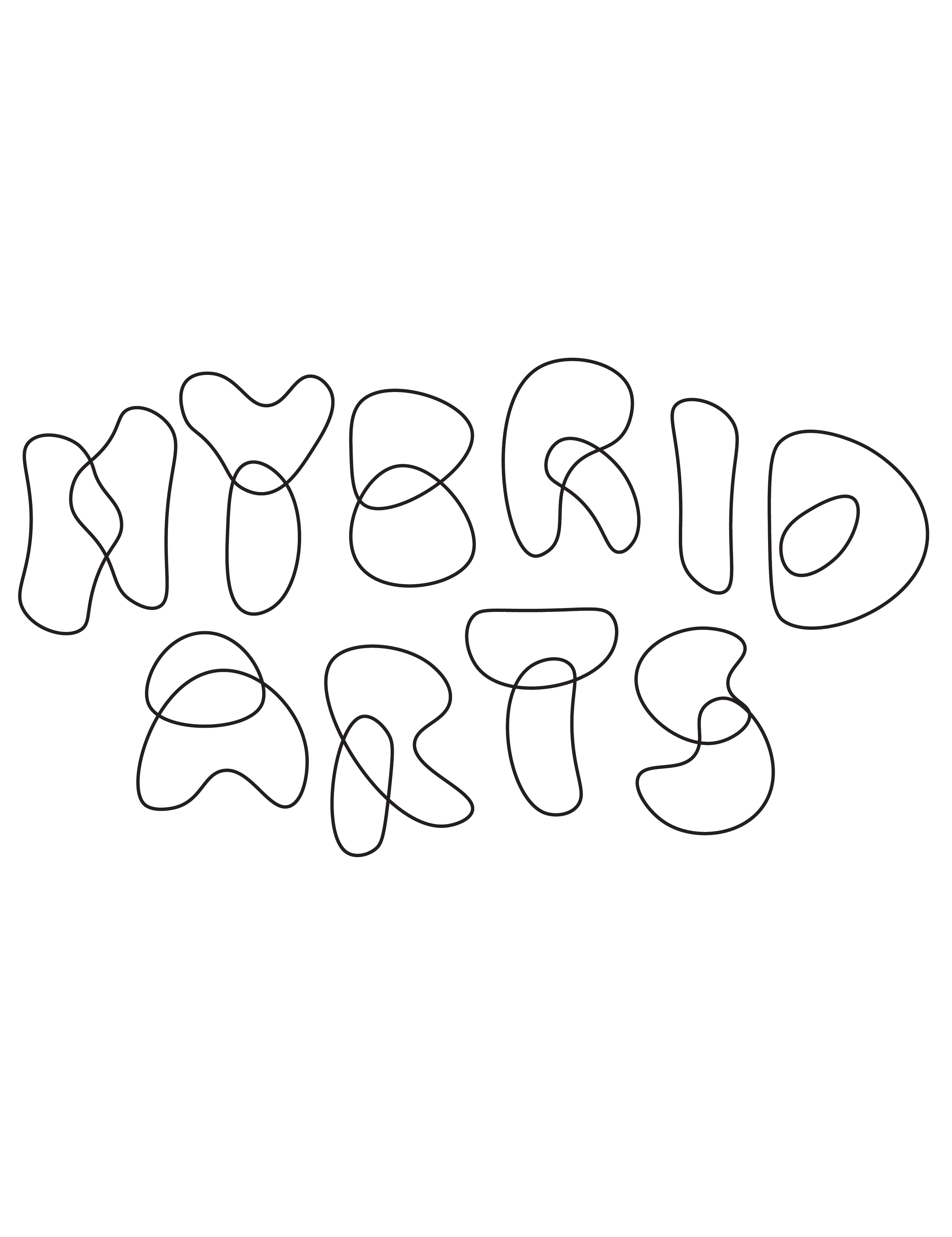For Organizations
Creativity is vital everywhere, from economy and research to education and politics. Yet our greatest challenges—inequality, climate change, technological disruption—persist, rooted in cultures that shape our behaviors.
Artists, as experts in creativity and culture, possess a unique ability to reimagine the ways we build better worlds.
Hybrid Arts facilitates transformative collaborations between artists and organizations across sectors, bridging creative vision with real-world impact.
-
Hybrid Arts helps organizations design strategies for meaningful collaboration with artists, addressing:
Vision and Impact:
Crafting an articulated vision for how creative collaboration can drive organizational innovation and cultural change.Communication:
Facilitating effective dialogue among collaborators from diverse professional, social and cultural backgrounds.Evolving Partnerships:
Mapping the journey from initial conversations to lasting impact, ensuring adaptability and continuous learning.Operational Integration:
Aligning creative collaborations with organizational practices, workflows, budgets and administrative processes.Long-term Sustainability:
Developing enduring support through philanthropic partnerships and sustainable business models.
-
Hybrid Arts designs and implements programs that integrate creative collaboration into organizational mission, addressing:
Intermediaries:
Establishing staff roles to facilitate creative collaborations across the institutionProgram Design:
Crafting tailored projects and initiatives that align artistic practices with organizational goalsArtist Selection:
Developing process criteria to identify artists whose skills complement organizational needsCollaboration Framework:
Establishing organizational processes and structures for effective partnerships with artistsProfessional Development:
Training staff and artists to work effectively across disciplines and culturesEvaluation:
Creating processes to measure the impact of creative collaborationResource Allocation:
Advising on capacity building and resource management for artist integrationDocumentation:
Implementing systems to capture and share processes, insights and best practicesScaling:
Developing strategies to expand successful programs within and beyond the organization
-
Hybrid Arts develops training programs that bridge organizational and artistic practices, empowering staff and artists to facilitate effective creative collaborations.
Artistic Process Appreciation:
Deepening understanding of creative processes and cultural expertise on decision-makingCross-disciplinary Communication:
Enhancing skills to communicate across disciplines and foster trust in diverse teamsIntegration Strategies:
Equipping staff to identify, manage, and evaluate opportunities for embedding artistic practices into organizational culture
-
Hybrid Arts guides organizations in developing sustainable funding for cross-sector creative collaborations, addressing unique challenges in traditional funding landscapes. Our support focuses on:
Diversified Funding:
Identifying and cultivating funders who value cross-sector creative collaborationsCompelling Narrative:
Crafting a powerful story that articulates the unique benefits of creative collaborationsLong-Term Sustainability:
Designing strategies for ongoing financial stability through innovative funding models and strategic partnerships
Food For Thought
These examples are inspired by the real-world initiatives and illustrate the possibilities of hybrid arts.
-
Mental health experts partner with artists to develop culturally-sensitive approaches to wellness
Biologists and artists explore the societal implications of genetic engineering
Environmental scientists and artists lead community-based ecological research
-
Community organizations partner with artists to revitalize neighborhoods responsibly
Foundations and philanthropists collaborate with artists to incubate creative businesses and nonprofits
Healthcare institutions engage artists to address cultural determinants of health
-
Faculty and artists develop community-focused graduate degree programs
Artists help integrate creative thinking across K-12 curricula
Arts programs establish specializations in cross-sector creative collaboration
-
Cities establish artist residencies to address cultural inequities in public services
Transportation departments partner with artists on community-centered mobility solutions
Sustainability offices engage artists to integrate culture into implementations of the UN Sustainable Development Goals
-
Regional funders develop strategies to foster collaborative arts ecosystems
National foundations connect higher education and industry to support hybrid arts economies
Philanthropists support artists leading transformative cross-sector initiatives










